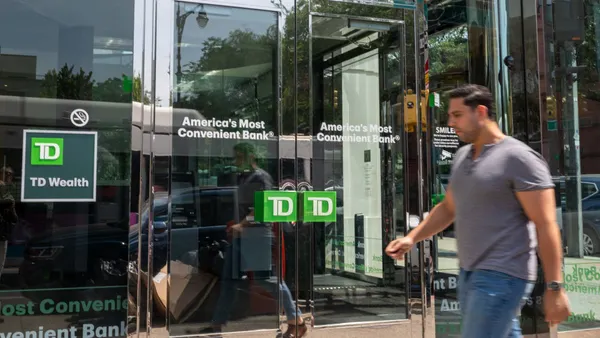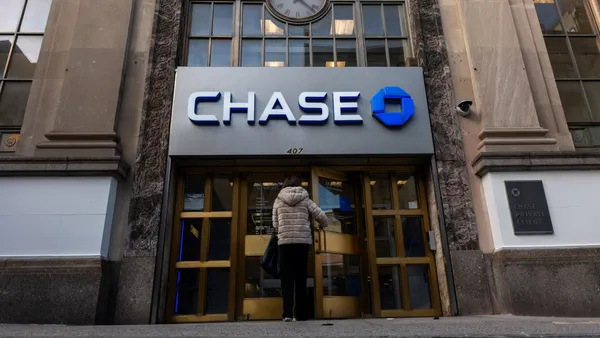New York Attorney General Letitia James sued Capital One on Wednesday, alleging the bank launched a savings account product, then concealed certain details from existing customers to avoid paying them a higher interest rate.
The lawsuit, filed in the U.S. District Court for the Southern District of New York, essentially picks up where a dismissed lawsuit brought by the Consumer Financial Protection Bureau left off.
The CFPB sued Capital One in January over the same savings accounts, alleging the bank “cheat[ed] millions of consumers out of more than $2 billion in interest.” But the Trump administration came to power less than a week later and began efforts to drastically downsize the bureau. In doing so, the CFPB asserted a new set of priorities and said it would shift enforcement and supervisory matters to states.
The CFPB voluntarily dropped the Capital One suit in February – one of 18 lawsuits the bureau has dismissed under Acting Director Russ Vought, according to American Banker.
James’ suit “seeks to ensure that Capital One does not escape accountability,” the New York attorney general’s office said in a press release Wednesday. It seeks restitution and damages for affected Capital One customers, as well as a penalty and disgorgement of profits from the bank.
“Capital One assured high returns with no catches, then pulled the rug out from under their customers and hoped nobody would notice,” James said in a statement Wednesday. “Big banks are not allowed to cheat their customers with false advertising and misleading promises. I will always fight to protect New Yorkers’ wallets and prevent banks from ripping off consumers to boost their own bottom lines.”
Capital One, in its own statement Wednesday, said it “strongly disagree[s] with the attorney general's claims and will vigorously defend” itself in court.
At issue are Capital One’s 360 Savings and 360 Performance Savings accounts. Capital One introduced the latter in September 2019, offering higher-interest returns than with the earlier 360 Savings product. However, “instead of encouraging 360 Savings customers to upgrade their existing accounts, Capital One worked to keep them in the dark about the availability of the new product,” James argued.
The bank scrubbed references to 360 Savings from its website but promoted 360 Performance Savings’ rates of return, in a move that James said led 360 Savings customers to believe they were earning more in interest than they were.
Further, Capital One “instructed its employees not to tell 360 Savings customers about the new product unless they explicitly asked,” according to the lawsuit.
“You must only be reactive in mentioning 360 Performance Savings … to 360 Savings account holders,” reads a directive to Capital One employees, included in the lawsuit – one of roughly 20 screen-grabs, some dating back to 2013, meant to illustrate James’ argument.
A Capital One spokesperson said Wednesday that the bank’s 360 Performance Savings product “was marketed widely, including on national television, and has always been available in just minutes to all new and existing customers without any of the usual industry restrictions.”
James, however, argued that Capital One “created a secret, two-tier system of savings accounts in which only new accounts received the high interest rates” the bank advertised.
The disparity in returns between the two account products grew in earnest in 2022, when the Federal Reserve began to raise interest rates, James argued. Capital One froze its 360 Savings rate at 0.3% at that time but increased its 360 Performance Savings rate to as high as 4.35%, she said.
The New York case is not the only one against Capital One, with regard to its 360 Savings accounts. A class action in the U.S. District Court for the Eastern District of Virginia is set to go to trial July 21, according to the law firm Wolf Popper. The firm is representing customers who had online high-yield savings accounts with ING Direct USA. Those accounts became 360 Savings accounts when Capital One bought the ING unit in 2012.
The latest lawsuit also comes just weeks after the Fed and the Office of the Comptroller of the Currency approved Capital One’s application to acquire Discover for $35.3 billion. The transaction is set to make Capital One the nation’s sixth-largest bank and largest credit card issuer. But detractors such as Sen. Elizabeth Warren, D-MA, are continuing to press for a halt to the deal.













